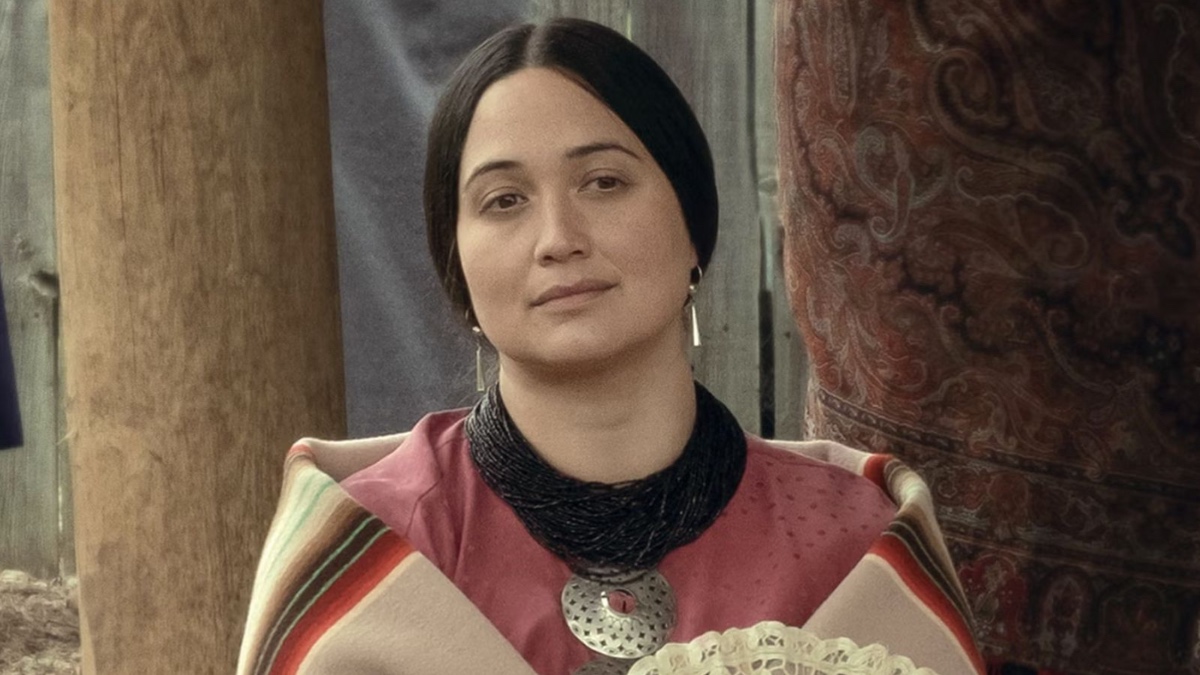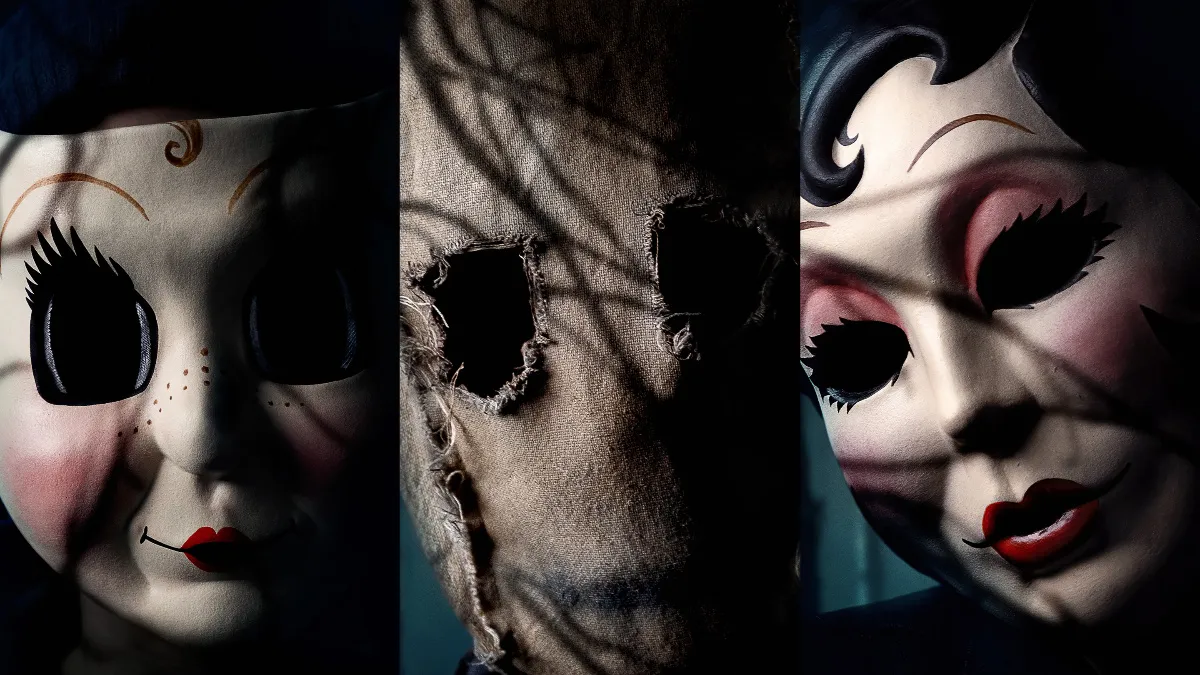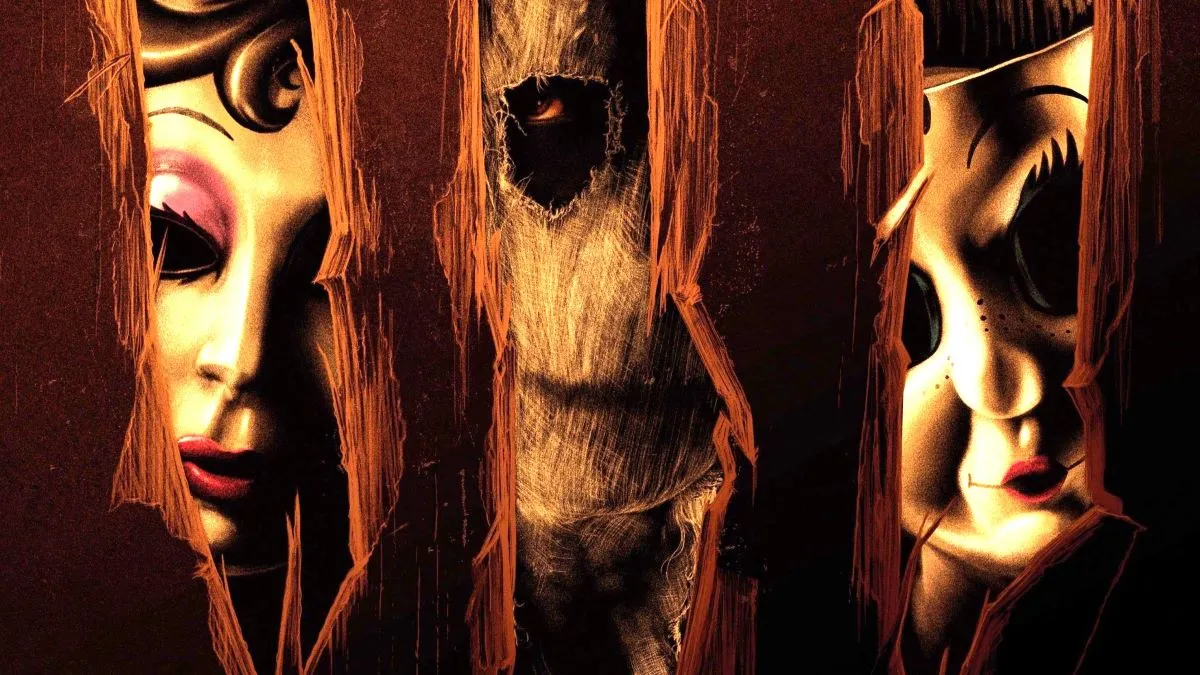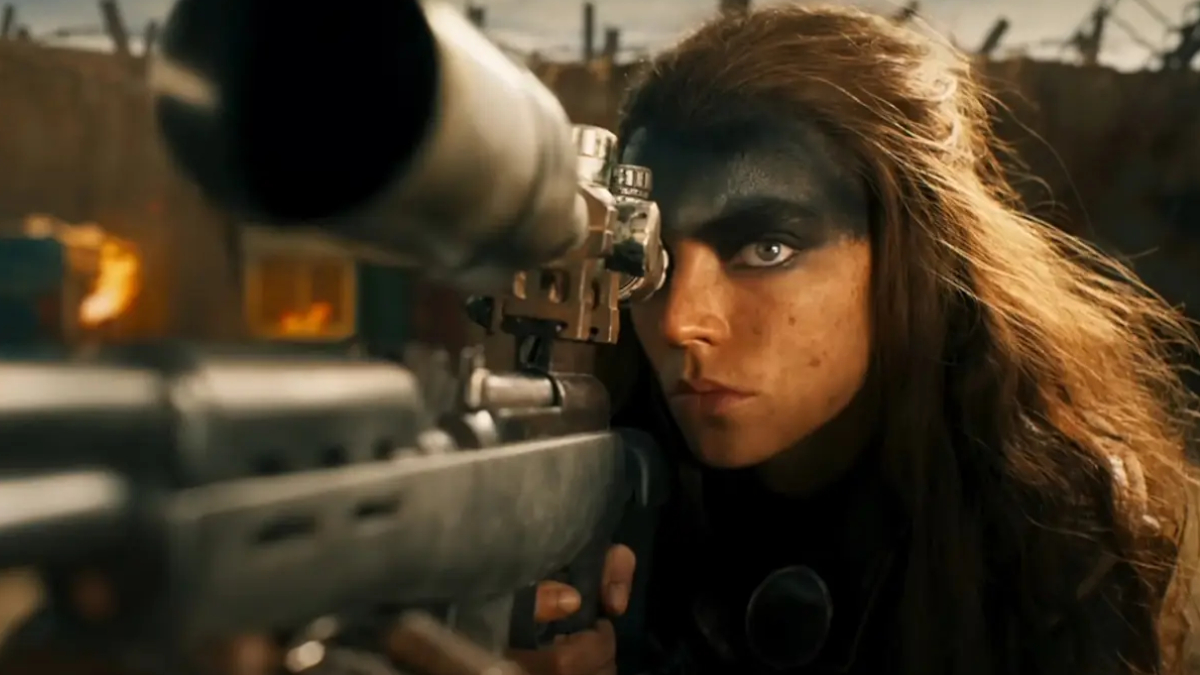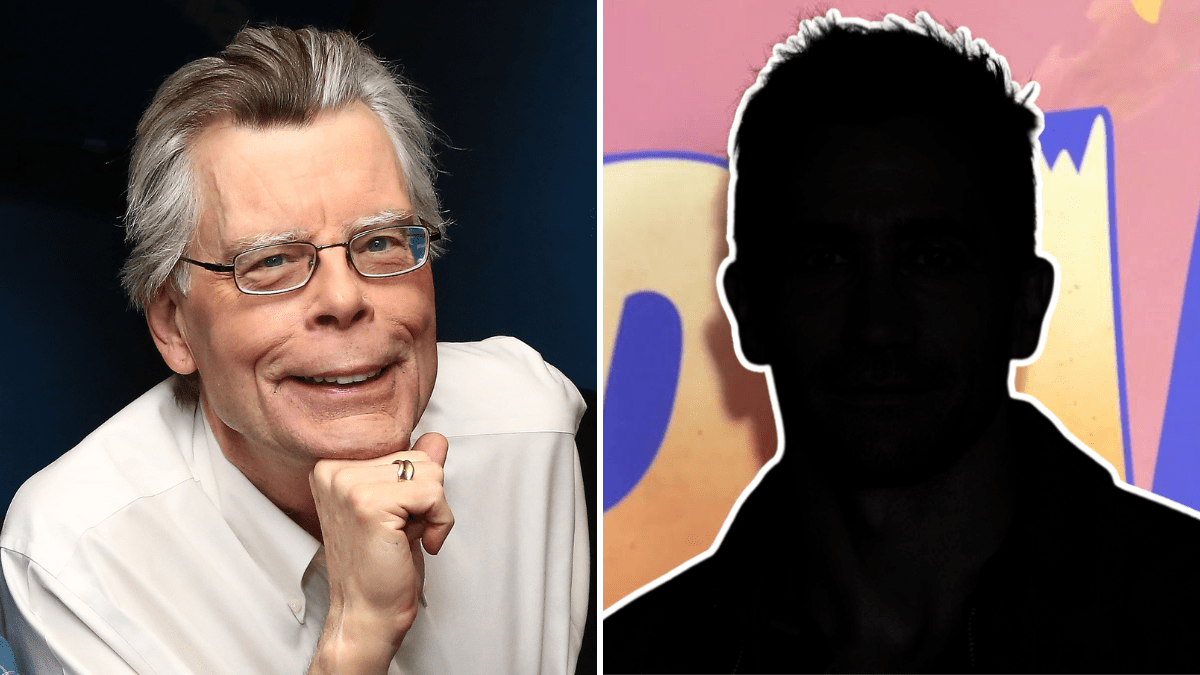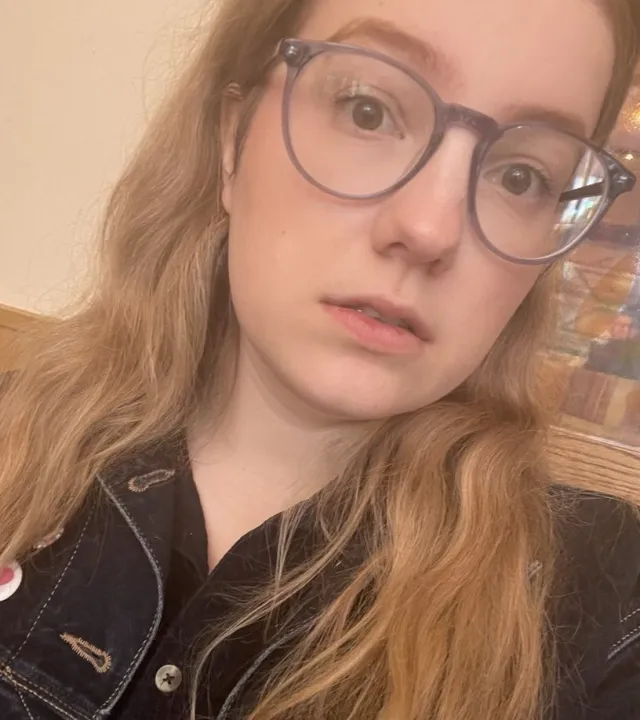Yesterday, it was announced that actress Lily Gladstone will be submitted in the lead actress category for her performance in the upcoming film Killers of the Flower Moon. As reported by Variety, Gladstone will be submitted in the lead category, rather than the supporting actress category, as previously speculated.
Lily Gladstone (Siksikaitsitapii/Nimíipuu) is a member of the Blackfeet and Nimíipuu Nations, and grew up on the Blackfeet Nation reservation in Montana. If nominated, Gladstone would be the first Native American actress to be nominated for a Best Actress Oscar, and the fourth Native American nominee overall. In the new epic directed by Martin Scorsese, Gladstone portrays Mollie Burkhart, an Indigenous woman at the center of mysterious murders of the Osage Nation in 1920s Oklahoma, based on a true story.
Gladstone’s success at the Golden Globes, explained
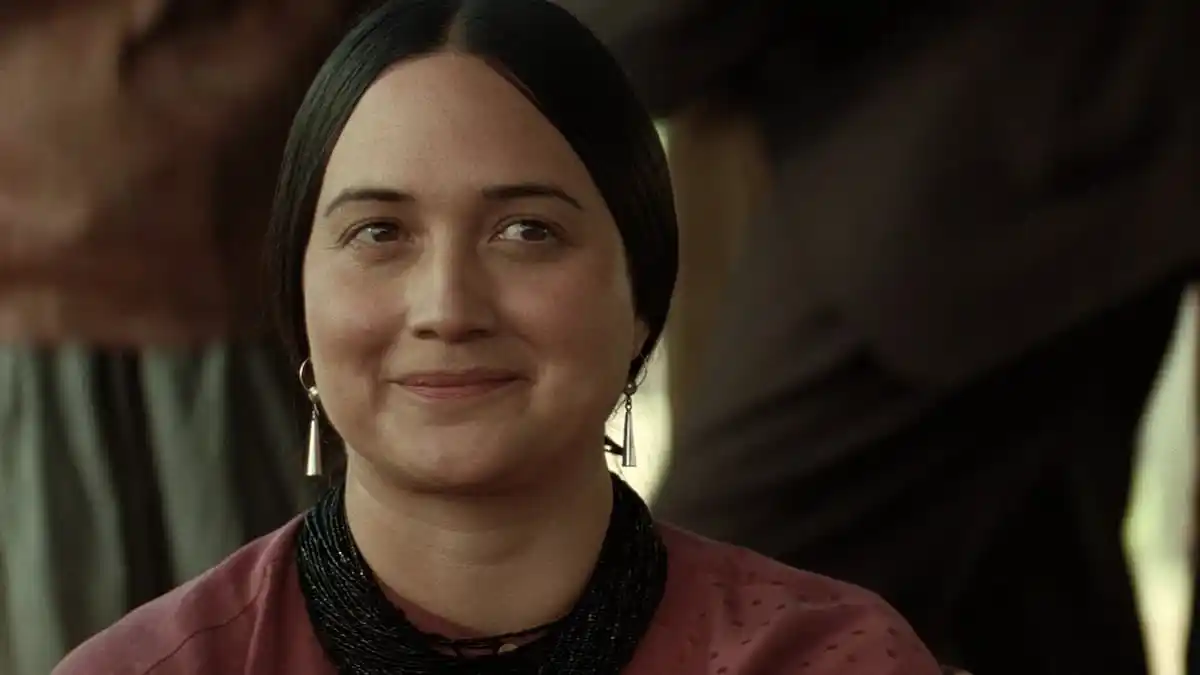
On January 7th, Lily Gladstone won the Golden Globe Award for Best Actress in a Motion Picture in the drama category for Killers of the Flower Moon, and paid tribute to her own heritage by beginning her acceptance speech in the Blackfeet language.
“This is a historic win. It doesn’t belong to just me,” Gladstone said of the unprecedented moment. “I’m holding it with all my beautiful sisters, the film, my mother – I’m just standing on all of your shoulders.”
According to The Hollywood Reporter, Gladstone is the first Indigenous actor to win a Golden Globe award in its 81-year history. She is not the first nominee, however – as Irene Bedard (Iñupiat/Métis) was nominated for Lakota Woman: Siege at Wounded Knee in 1994, along with Taika Waititi (Māori, Te Whānau-ā-Apanui) for Jojo Rabbit in 2020, and Reservation Dogs in 2022.
Would Lily Gladstone be the first Native American woman to win or be nominated for an Oscar?
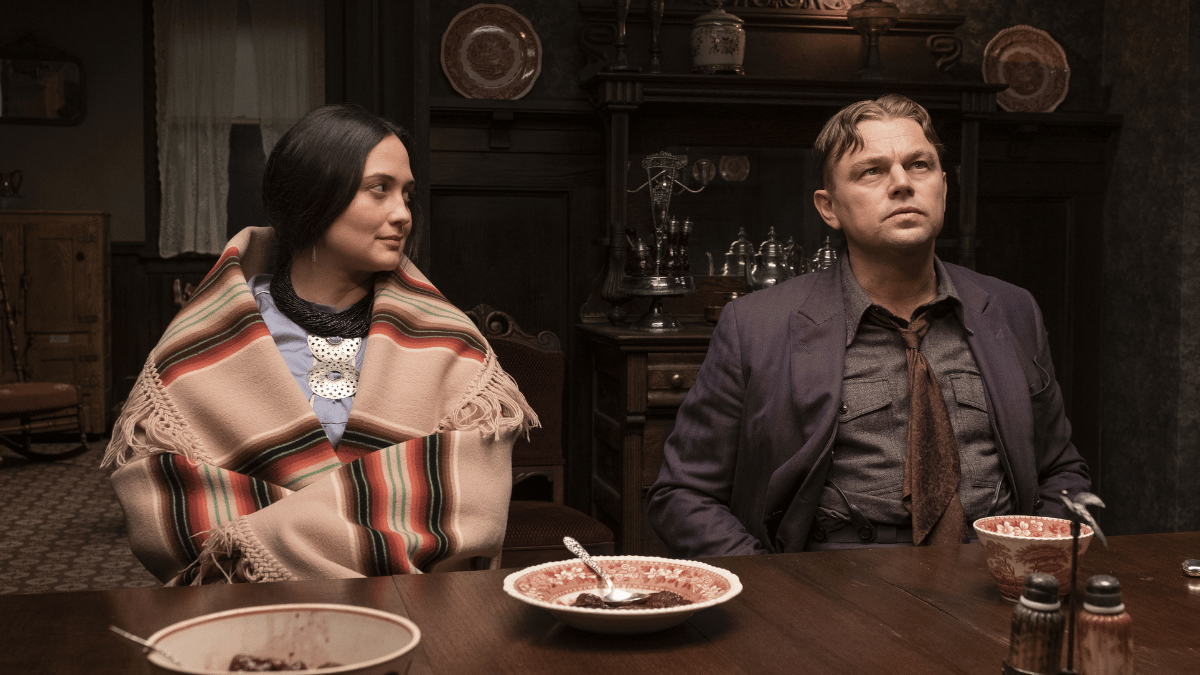
Gladstone would not be the first Indigenous woman overall to be nominated. Previous Indigenous nominees include Yalitza Aparicio for Roma (2018), Keisha Castle-Hughes in Whale Rider (2003) and Merle Oberon for The Dark Angel (1935). These women are Mexican, Kiwi, and British, respectively. Gladstone, however, would be the first citizen of a sovereign Indigenous nation within the United States to receive a Best Actress nomination.
If Lily Gladstone were to win the Academy Award, she would not be the first Native American to win an Oscar, either. Buffy Sainte-Marie (Piapot Cree Nation) won the award for Best Original Song in 1982 for “Up Where We Belong”, from An Officer and a Gentleman. The first and only Native American to win an award in the acting category is Wes Studi (Cherokee Nation), who won an Academy Honorary Award in 2019. However, Gladstone would be the first Native American actor to win, and also be nominated for an Oscar, in a competitive acting category.
A brief history of Native American representation at the Oscars, explained
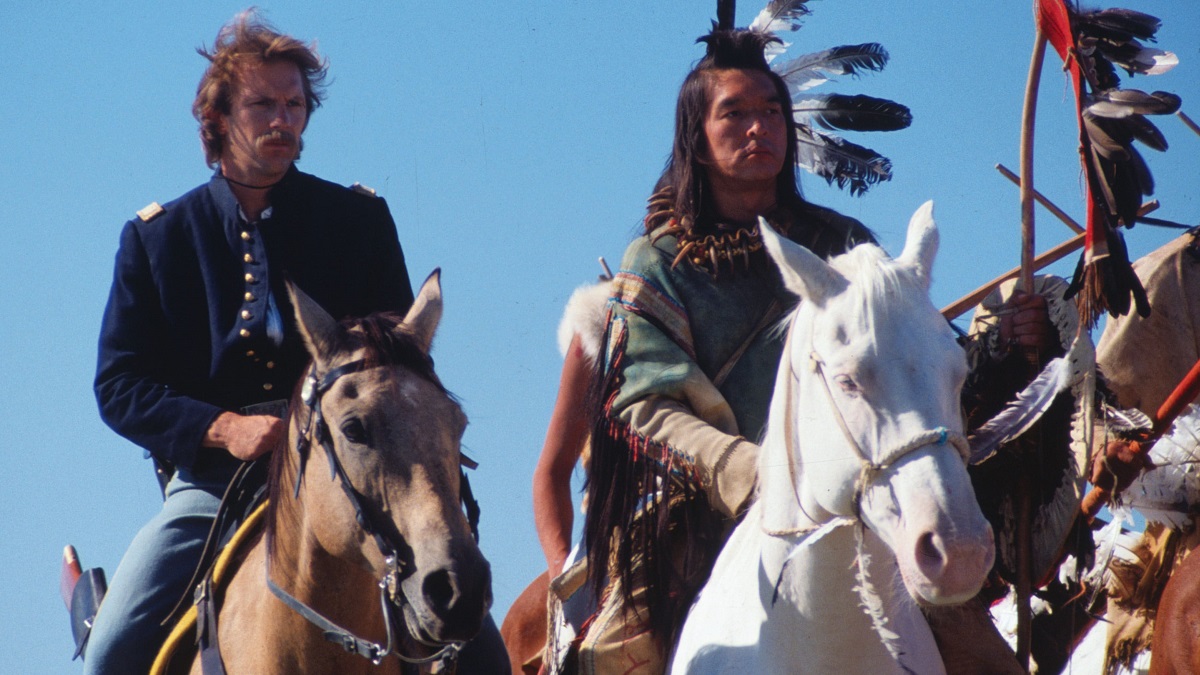
Stories about Native Americans have been the subject of celebration at the Academy Awards, perhaps most notably the film Dances with Wolves (1990), a film about a Civil War soldier (played by Kevin Costner), who befriends the Lakota Nation. The film was nominated for twelve Academy Awards, winning seven, but none of the Native American actors received a nomination.
Mary McDonnell, the actress who received a Best Supporting Actress nomination for her role as Stands with a Fist (Napépȟeča Nážiŋ Wiŋ), is a white actress of Irish descent. It should be noted, however, that the character is meant to be a character of white heritage raised as Lakota. On the other hand, Graham Greene, who played Kicking Bird (Ziŋtká Nagwáka) and was similarly nominated, is Oneida, part of the First Nations in Canada.
Even without nominations, Native Americans have had a presence at Academy Award ceremonies. Will Rogers, a Cherokee actor, journalist, and humorist, hosted the 6th Academy Awards in 1934. Native Americans and their civil rights movement were also central to perhaps the most controversial Oscars moment in history, when actress and activist Sacheen Littlefeather refused the Best Actor Academy Award on behalf of Marlon Brando in 1973. The refusal was a protest against the treatment of Native Americans in the film industry, as well as an act to raise awareness of the ongoing standoff at Wounded Knee between the Oglala Lakota Nation and its supporters, against the U.S. government, at the time of the ceremony.
Littlefeather was escorted from the stage and was subsequently blacklisted from the industry, as well as being subject to harassment and threats. Nearly fifty years later in June 2022, The Academy officially apologized to Littlefeather, and hosted An Evening with Sacheen Littlefeather in her honor that September. Littlefether died two weeks after the event, and was not included in the In Memoriam segment in the 2023 awards ceremony. her honor. It should be noted that the heritage of Littlefeather, said to be of Apache and Yaqui ancestry, has been contested since her death in late 2022.
The relationship between Native Americans and the film industry is a long and complex one, and is reflected in their representation — or lack thereof — at the Academy Awards each year. If Lily Gladstone is nominated for a competitive award, it would be unprecedented, but also long overdue, given the contributions of Native Americans across the arts. Gladstone’s submission into the Best Actress category perhaps signals a new era of the film industry where Native Americans begin to be centered in their own stories, rather than their white counterparts being the focus — whether it’s through accurately representative casting, or leaving the “white savior” trope behind for good.

